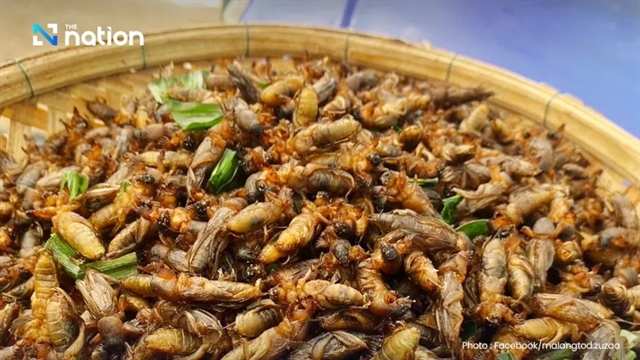 World
World

Scientists reported on Wednesday the first evidence that the immune systems of wild Tasmanian devils can fight back against the contagious face cancer that has pushed the species to the brink of extinction.
PARIS — Scientists reported on Wednesday the first evidence that the immune systems of wild Tasmanian devils can fight back against the contagious face cancer that has pushed the species to the brink of extinction.
In a race against the clock, scientists have been looking for a way – a cure or vaccine – to save the carnivorous marsupials, which live exclusively on the Australian island state with which they share a name.
Strange facial tumours showed up in the mid-1990s, and have since wiped out some 80 per cent of the population.
The disease – nearly 100 per cent fatal – spreads through facial biting, a common behaviour among both males and females.
Some 20,000 individuals are thought to remain.
In the study, a team led by Ruth Pye of the University of Tasmania collected blood samples from 52 closely monitored wild animals from 2008 through 2014.
The scientists checked for the presence of cancer cells, and antibodies that might attack them.
Thirty-four of the animals either had the disease at the outset or developed it during the monitoring period.
The researchers were surprised to find six devils that developed serum antibodies against the cancer cells.
Such a response has been induced in captivity through immunisation with killed cancer cells, but had not – before this – been observed in the wild.
The result "suggests that a proportion of wild devils can produce a protective immune response against naturally acquired devil facial tumour disease," the researchers concluded.
A study published in August reported that the famously aggressive animals, the size of a heavy-set small dog, seem to be pulling back from the brink through lightning-fast genetic evolution.
A detailed comparison of the genomes of 294 devils – before and after the cancer emerged 20 years ago – revealed species-wide adaptations in seven genes in a span of just a handful of generations. — AFP









